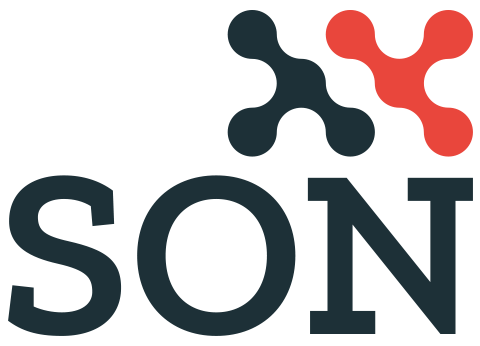
Nanoparticles are attracting significant attention, both for their medical applications and their growing role in the industry. This week’s headlines highlight nanomaterials that open up new therapeutic avenues (notably in treating cardiovascular diseases and obesity), while also raising questions about illegal imports of banned products in Europe. Here is an overview of the latest developments in the nanoworld.
Nanoparticles and atherosclerosis treatment: a hope for cardiovascular diseases
The use of nanoparticles in treating cardiovascular diseases has seen remarkable advances. A recent study published in Nature Communications showcases a pro-efferocytic nanotherapy that could revolutionize the management of atherosclerosis, a condition responsible for heart attacks and strokes caused by plaque buildup in the arteries.
This nanotherapy specifically targets macrophages, immune cells responsible for clearing dead cells within atherosclerotic plaques. Tested in animal models, the treatment reduced vascular inflammation without causing common side effects such as anemia. This approach may offer a more effective and less burdensome solution for patients with cardiovascular diseases, while minimizing the risks associated with current therapies.
Nanoparticles and obesity treatment: targeting fat absorption
Nanoparticles also show promise in combating obesity. At UEG Week 2024, researchers presented a major innovation in obesity treatment, developing a nanoparticle system designed to target fat absorption in the intestines. This therapy works by inhibiting the enzyme SOAT2, crucial in fatty acid uptake, using small interfering RNAs (siRNAs) delivered by nanoparticles.
The therapy, successfully tested in mice, significantly reduced fat absorption and prevented obesity, even when following a high-fat diet. This system offers several advantages: non-invasive administration, low toxicity, and improved patient compliance. Additionally, unlike existing approaches that sometimes affect other organs, this treatment specifically targets the intestines. Future research will involve testing in larger animals before moving to human trials.
Nanoparticles and food safety concerns: the use of banned additives in imported products
While nanoparticles hold promise in the medical field, they also raise concerns in food safety. A recent investigation revealed that certain products banned in France and the European Union due to potentially harmful additives are still being sold in stores and online. These products include peanut butter M&M’s and Fanta sodas, which contain titanium dioxide (E171), a banned nanoparticle according to this investigation.
Despite its ban in France since 2020 and across the EU since 2022, titanium dioxide continues to enter the market through illegal import channels. This compound is suspected of causing pre-cancerous lesions in the colon after prolonged exposure. Customs authorities are increasing inspections to limit these imports, but around 60 banned products remain available for sale.
In Summary
Nanoparticles offer immense potential in healthcare, particularly in treating severe conditions such as atherosclerosis and obesity. However, this extraordinary potential should not be misused. If nanomaterials possess “superpowers,” they must be used with utmost care and respect for consumers, or their promise will not fully materialize.

